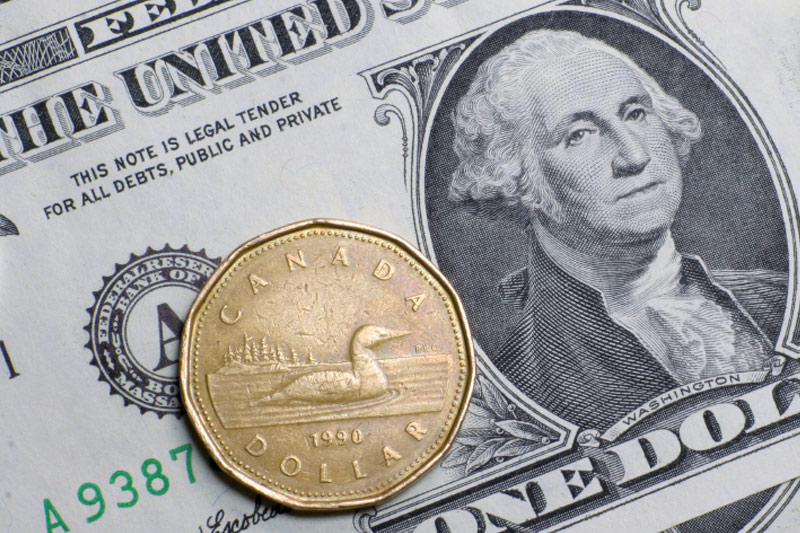Investing.com - The U.S. dollar slipped lower against the Canadian dollar on Thursday after reports showing U.S. inflation was flat last month and initial jobless claims fell, albeit slightly less than expected.
USD/CAD hit lows of 1.1306 and was last down 0.19% to 1.1319.
The Labor Department reported that the number of Americans filing new claims for unemployment benefit fell by 2,000 last week, to 291,000.
Economists had expected a fall to 286,000, but it was the tenth straight week that initial claims remained below 300,000.
The number of continuing claims also fell, to 2.33 million, the lowest level since December 2000.
A separate report showed that the U.S. consumer price index was unchanged in October, compared to expectations for a 0.1% dip.
On a year-over-year basis consumer prices rose 1.7% last month, unchanged from September.
Core inflation, which strips out food and energy costs, rose by 0.2% during the month, pushing the annual rate up to 1.8%.
The Canadian dollar was boosted after data on Thursday showed that wholesale sales increased by a seasonally adjusted 1.8% in September, blowing past forecasts for a gain of 0.7%.
Elsewhere, the loonie, as the Canadian dollar is also known, was higher against the euro, with EUR/CAD sliding 0.18% to 1.4212.
The single currency came under pressure earlier Thursday after data showed that private sector output slowed to its lowest in 16 months in November.
The euro zone’s services purchasing managers’ index fell to 51.3 this month, while the manufacturing PMI slid to 50.4 from 50.6 in October.
Germany private sector activity fell to a 16-month low, while French private sector output contracted for the seventh consecutive month.
The report said the PMI surveys pointed to economic growth of just 0.1% to 0.2% in the current quarter.
